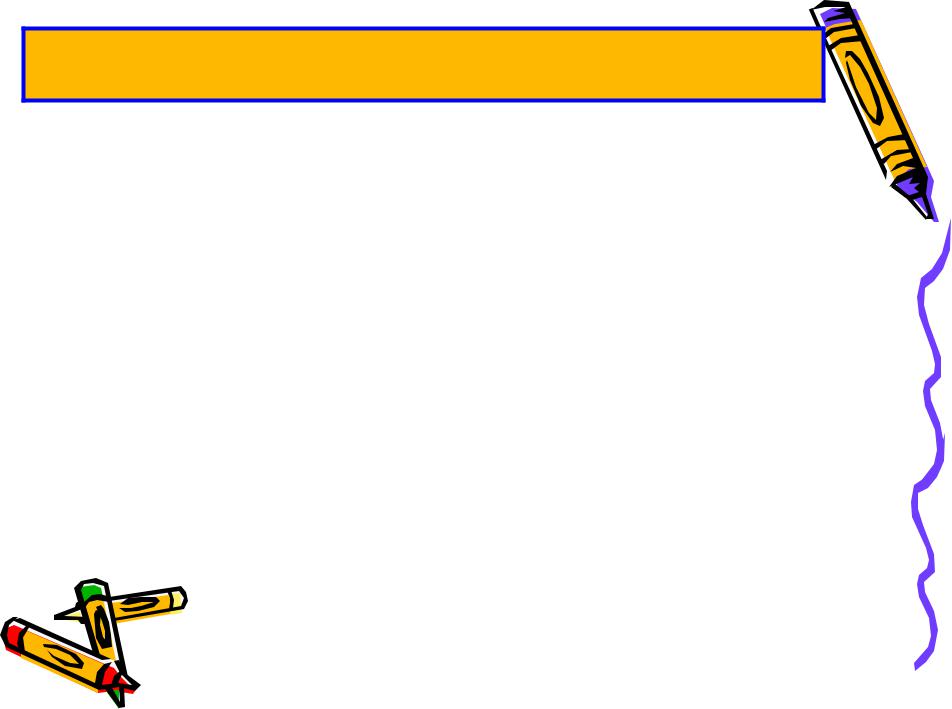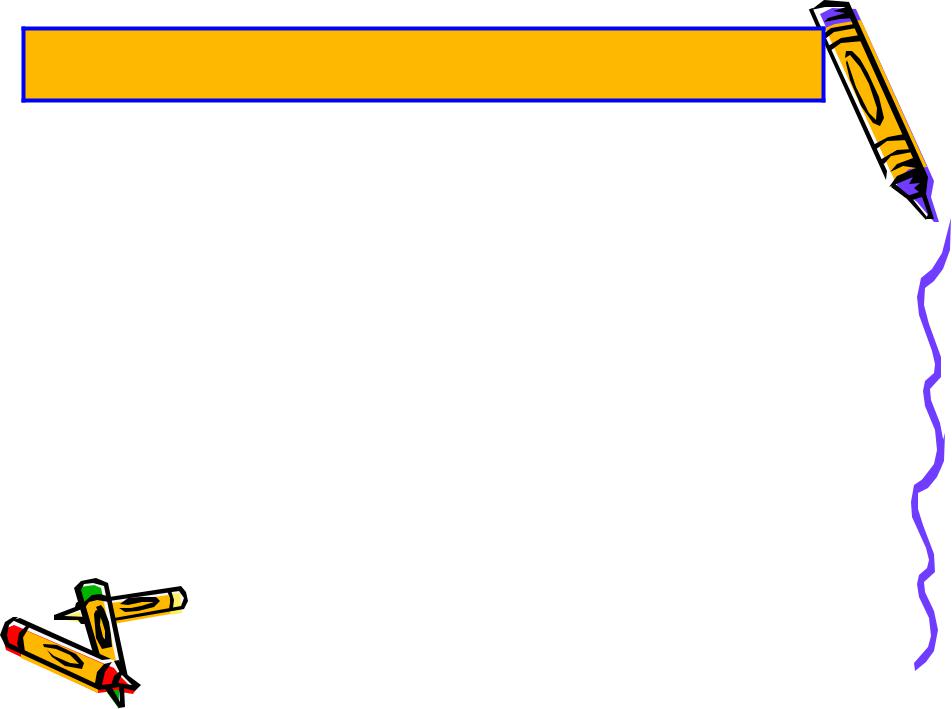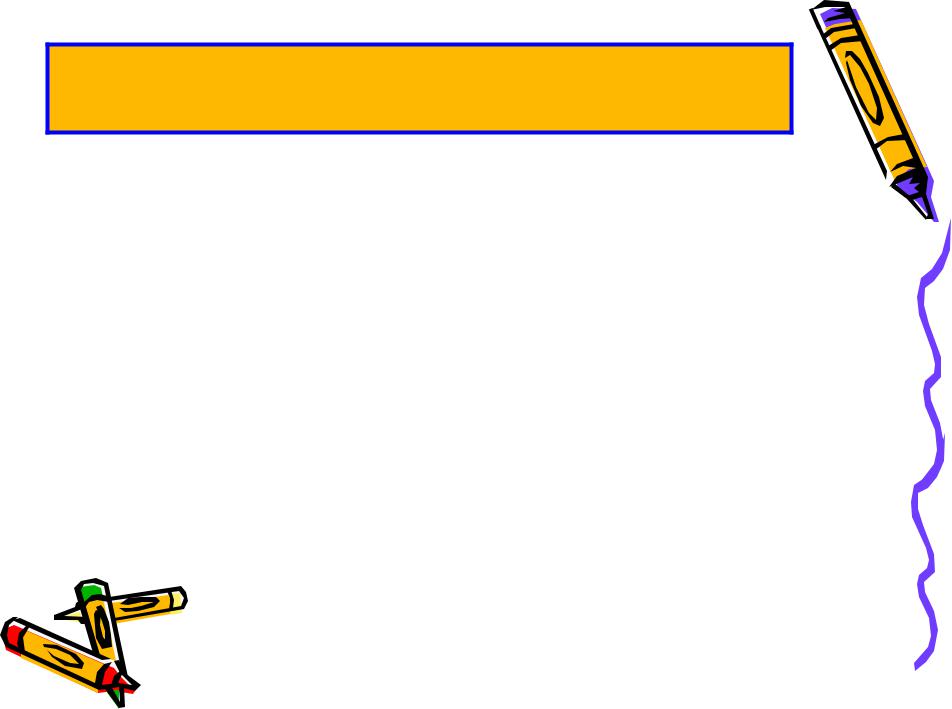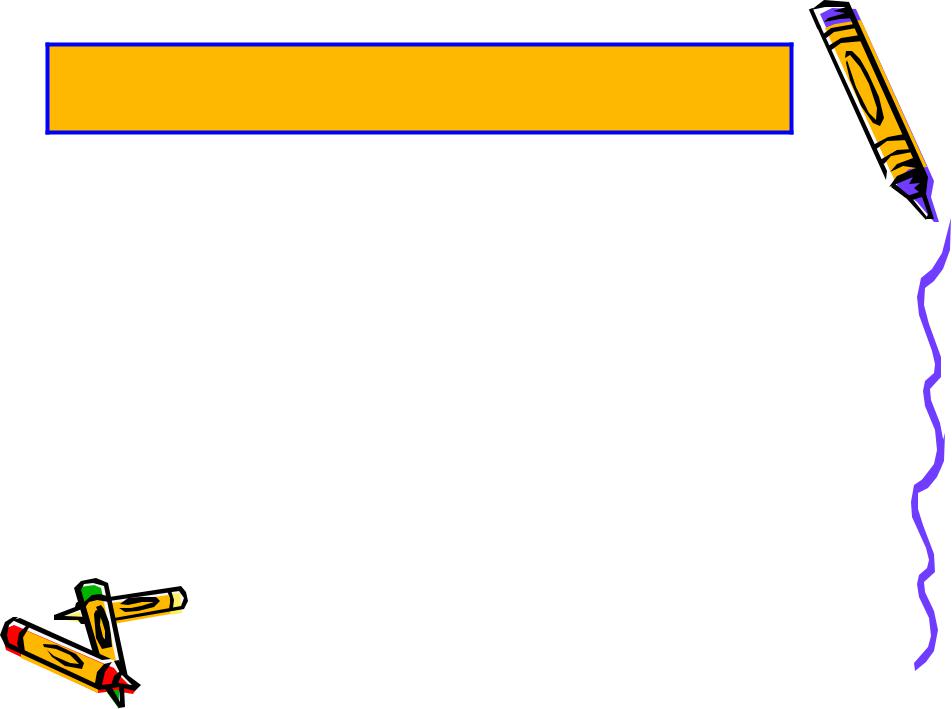
- •The Grammatical Lawyer
- •Intro – Why Grammar
- •GRAMMAR MATTERS!
- •Entering a legal dispute with poor grammar and expression can be, in Sean
- ••Using good grammar is part of Plain English. Plain English is clear English.
- •Building blocks: noun, verb, sentence
- •These items are called “parts of speech”
- ••So, let’s look at some of the main rules and frequent errors in
- •The 15 Fundamentals
- •1. Apostrophes
- •1. Apostrophes (cont’d)
- •1. Apostrophes (cont’d)
- •Real Examples (from
- •Real Examples
- •Real Examples
- •Real Examples
- •2. It’s vs Its (cont’d)
- •3. Your vs You’re
- •3. Your vs You’re (cont’d)
- •4. They’re/Their/There
- •Clanger!
- •5.Subject/Verb Agreement
- •5.Subject/Verb Agreement (cont’d)
- •5.Subject/Verb Agreement
- •5.Subject/Verb Agreement (cont’d)
- •6.Noun and pronoun must agree
- •(cont’d)
- •6.Noun/Pronoun Agreement
- •6.Noun/Pronoun Agreement (cont’d)
- •6.Noun/Pronoun Agreement (cont’d)
- •7. Consistency of
- •7. Consistency of Tense
- •8. Run-on Sentences
- •8. Run-on Sentences
- •8. Run-on Sentences
- •8. Run-on Sentences
- •(cont’d)
- •8. Run-on Sentences
- •8. Run-on Sentences
- •8. Run-on Sentences
- •8. Run-on Sentences
- •9. Semicolons and
- •9. Semicolons and Colons
- •9. Semicolons and Colons
- •9. Semicolons and Colons
- •10. Commas
- •10. Commas (cont’d)
- •10. Commas (cont’d)
- •10. Commas (cont’d)
- •10. Commas (cont’d)
- •10. Commas (cont’d)
- •Participles
- •11. Dangling Participles
- •12.Random Capitalization
- •12. Random Capitalization
- •12. Random Capitalization
- •(cont’d)
- •13. Missing Punctuation
- •(cont’d)
- •14. Missing spaces
- •14. Missing Spaces
- •14. Missing Spaces
- •15. Write Complete
- •15. Complete Sentences
- •If you study and use these 15 Fundamentals, you will be well armed
- •This concludes the grammar portion of our seminar.
- •Five Rules Plus Some
- •The First Five Rules
- •1. Write As Plainly As Possible
- •2. Avoid Long Sentences
- •3. Use the Active Voice
- •3. Use the Active Voice
- •3. Use the Active Voice
- •4. Avoid Archaic Words
- •4. Avoid Archaic Words
- •4. Avoid Archaic Words
- •phrasing of Strunk and White’s Most Famous Rule: “Omit Needless Words”
- •5. “Omit Needless Words”
- •5. “Omit Needless Words”
- •5. “Omit Needless Words”
- •5. “Omit Needless Words”
- •5. “Omit Needless Words”
- •5. “Omit Needless Words”
- •6. Proper
- •6. Proper Paragraphing
- •6. Proper Paragraphing
- •6. Proper Paragraphing
- •7. Get Names Right
- •7. Get Names Right
- •8. Avoid First Names
- •8. Avoid First Names (cont’d)
- •Beware Sexist
- •9. Beware Sexist Traps
- •Mean
- •11. Proofread, Proofread,
- •(cont’d)
- •(cont’d)
- •(cont’d)
- •Words
- •13. Beware of “It” and
- •So, grammarian, pick the errors:
- •QUIZ TIME
- •Bibliography/
- •Bibliography/

(cont’d)
Example of real error that could have been caught by proofreading:
“We are d to confirm your instructions and provide our preliminary advice.”
Better: “We are pleased to confirm your instructions and provide our preliminary advice.”
101

(cont’d)
Failure to proofread and edit what you have typed can leave you with
gibberish, as seen in this real example:
“Outcome regarding Dayle will be explored with the help of our criminal department. RCCQ venture seems to be rewarding, with small fine tuning of the contract and open discussion regarding member database should see all parties’ progress well.” ???
102

Words
Affect/Effect (as a verb): influence versus cause.
Assure/Ensure/Insure: use “insure” only when talking about insurance (the financial product). If you mean “make sure”, say “ensure”. “Assure” means cause not
to worry.
Counsel/Council: your lawyer is your counsel. The council is often a governmental body.
Fewer/Less: use fewer if you can count them. You can have fewer words in a sentence, but less time to read it. Forego/Forgo: go before versus do without.
Imply/Infer: I imply something by hinting or suggesting; if you pay attention, you may infer the point I am trying to make.
103

13. Beware of “It” and
“This”
Clear writing refers to people, things, and concepts with precision. It is tempting to write complicated sentences conflating multiple ideas and thoughts, and then start the next sentence with “This means” or “This shows”. Beware! Often, it will not be clear what “this” refers to. The careless use of the word “it” often causes the same problem.
Better: write “this criticism” or “this argument”. Specify what you are referring to. This often has the benefit of clarifying your own thoughts, which may remain murky if you do not force yourself to understand exactly what your words say.
104

So, grammarian, pick the errors:
1. The three Defendant’s lost.
2.Professor Jones’ exam was a lot harder than expected.
3.What is it’s name?
4.The tax statute must be reformed so its fairer.
5.That person over their is there brother.
6.Your legal council would like to insure you of a good result.
7.The criminal stole the lawyers briefs.
105

QUIZ TIME
8. The judge rendered their verdict against the accused. 9. I heard the tires squeal then the car came around the corner the woman was not able to get out of the way in
time
10. The computer is a useful research tool for lawyers, it can be used to find relevant case law and journal articles.
11. The defendant was arrested after the police found the following illegal materials at his home, guns, cocaine, and a large sum of money.
12. The judge asked the defendant Michael Jones for his plea.
13. Angered by the judge’s decision, a chair was thrown across the room by the defendant.
14. High Court of Australia rulings bind all other Australian Courts.
15. The date of the merger was 19September 2009.
106

Bibliography/
Resources
Nancy Armstrong, Dangling Participles, California State University,  Dominguez Hills, http://www.csudh.edu/class/services/studyskills/english/worksheets
Dominguez Hills, http://www.csudh.edu/class/services/studyskills/english/worksheets
/
dangling_participles/dangling_participles.pdf
Michèle M Asprey, Plain Language for Lawyers, The Federation Press, Sydney, 2003.
Plain English in Legal Writing: A Computer-based exercise devised by Julie Cassidy, Donna Brownrigg, Joy Kent, Jim Corkery and John Barrett, Bond University School of Law, 1989
Martin Cutts, Oxford Guide to Plain English, 2nd Ed., Oxford University Press, Melbourne, 2007.
107

Bibliography/
Resources
Susan M. Green, Mentor Learning Series: Grammar, Axiom Publishing, Stepney, South Australia, 2005.
Jack Lynch, Grammar and Style Notes, University of South Australia http://www.unisanet.unisa.edu.au/07118/grammar.htm#.
Melbourne University Law Review Association, Inc., Australian Guide to Legal Citation, 2nd Ed, 2002, http://mulr.law.unimelb.edu.au/aglc.asp
Michael Meehan and Graham Tulloch, Grammar for Lawyers, 2nd Ed., LexisNexis Butterworths, Sydney, 2007.
William Strunk and E.B. White, The Elements of Style, 4th Ed., Allyn and Bacon, Sydney, 2000.
108
